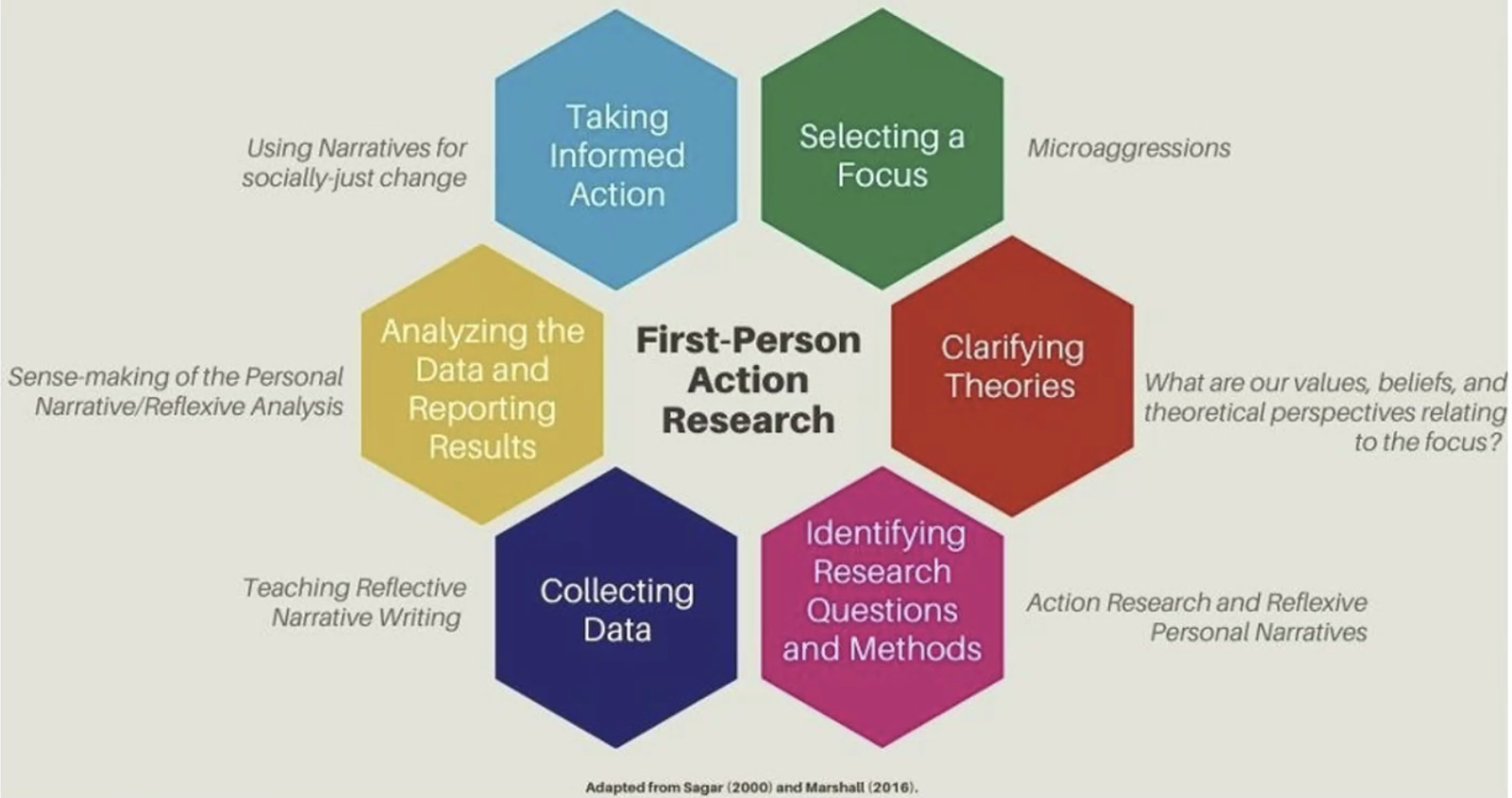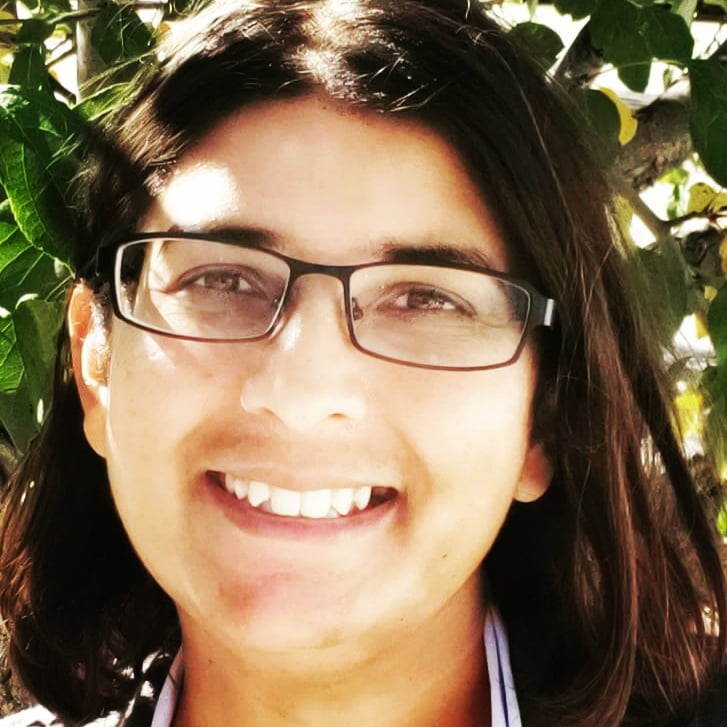At Congress 2022, a panel organized by the Canadian Society for the Study of Education gathered to discuss an upcoming anthology, Global Perspectives on Microaggressions in Higher Education: Understanding and Combating Covert Violence in Universities (Routledge, 2023).
Christina Page opened the conversation by discussing her study: “Linguistic Racism, Deficit Constructions, and the Othering of International Students”. Soon to be published in Chapter 3 of the volume, Page’s study discusses how an international student’s way of speaking can invite bias and discrimination, even if their English is clear. My father was an international student in the 1970s and could barely speak English at all, so these conversations are close to my heart.
Stephanie Speicher contributed the thirteenth chapter, “The Use of the Reflective Personal Narrative to Mend Microaggressions and Microinsults of the Preservice Teacher.” In her presentation, Speicher provided the template for a suggested assignment for use in other universities and departments. Near the beginning of a term, students can construct personal narratives based on the theoretical structure provided in the diagram below.

Speicher mentioned that students found conversations about social justice to be difficult, creating the need for extra support from the faculty. Once students had written their narratives, they formed small groups with their peers to discuss what they had learned about themselves through the assignment. Speicher shared some profound, emotional insights. One student had not realized her hurtful behavior towards others until she stopped to consider her interactions. Our automatic thought patterns become so ingrained that it takes intentional reflection to understand how microaggressions perpetuate.
All of the speakers packed plenty of information into the hour. To discuss Chapter 11, “Confronting Microaggressions Within and Beyond the Academy: Narratives of an Anti-Racism Network,” Kamal Arora, Adrienne S. Chan, and Awneet Sivia shared the floor. I appreciated the idea of a space where people could go to find support if they were a victim of microaggression. The researchers pointed out that often, students cannot go to the teacher, because the teacher permitted the inappropriate behaviour in the first place.
As long as racism is protected under academic freedom, and human rights committees are contained within university administrations, rather than an impartial third party, institutions have a long way to go before they can solve the problem of microaggressions. The presentation inspired me to believe that change is possible. Creating safe spaces and exercises to address implicit bias have made a difference. More institutions need to follow suit.

Sima Chowdhury is the author of Mindful Meditation available on Amazon and is a social work student at the University of Manitoba.

What does Canada gain when postsecondary connects?
← Big Thinking Podcast homepage Introduction | About the guests | Transcript | Follow us Introduction Canada’s future is being written in the places where people learn and in how those places connect. If collaboration holds the key to shaping that...

Canada's AI leadership calls for all expertise at the table
After bringing together humanities and social sciences AI experts for a consultation with the federal government’s AI Strategy Task Force on October 20, the Federation submitted the following on October 31. Written submission to the AI Task Force...

Building a strong research future with Budget 2025
On November 4, 2025, the federal government tabled its 2025 Budget: Canada Strong. Through its investment to attract international talent, this Budget recognizes the vitally important work of researchers. Notably, Budget 2025 commits $1 billion over...
